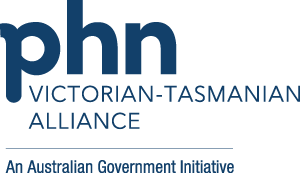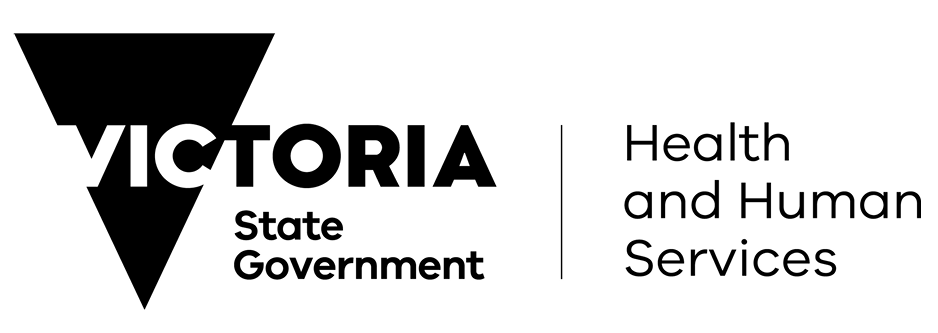A Victorian Department of Health partnership.
“The purpose of this work is to improve patient outcomes by facilitating consistent cancer care based on a standardised pathway of care. The pathways are applicable to care whether it is provided in a public or private service. The principles and the expected standards of good cancer care are not expected to differ, even though treatment regimens may vary from patient to patient for a whole variety of reasons.”
– Professor Robert Thomas OAM, Chief Advisor Cancer, Victorian Department of Health
The Victorian and Tasmanian PHN Alliance (VTPHNA) has been commissioned by the Victorian Department of Health (DH) to support an integrated approach to the implementation of the Optimal Care Pathways (OCPs) for cancer into primary health.
This initiative aligns with key PHN activities and interests in a range of ways, including:
- The PHN national headline indicators to improve cancer screening rates and to reduce avoidable hospitalisation
- PHN priorities including population health, supporting the health workforce, eHealth, and Aboriginal and Torres Strait Islander Health
- PHN roles in relation to General Practice engagement, health pathways development, and integration of care for catchments and communities.
Each individual PHN is responsible for planning and implementing the project activities within their region, taking into account the specific needs and demographics of their population identified through their local Health Needs Assessment.
What are Optimal Care Pathways?
Optimal Care Pathways are national guides that describe the best possible cancer care for patients with specific types of cancer. The pathways describe the key stages in a patient’s cancer journey, from diagnosis to survivorship or end-of-life care, and the expected optimal care at each stage to ensure all people diagnosed with cancer get the best care, regardless of where they live or have cancer treatment.
Currently there are 18 OCPs for different cancers and one specifically for Aboriginal and Torres Strait Islander people with cancer. Developed by clinical experts in collaboration with consumers, the Optimal Care Pathways have been endorsed by the National Cancer Expert Reference Group, Cancer Australia, Cancer Council Australia, and the Australian Health Ministers Advisory Council (AHMAC).
OCPs provide clinicians and health administrators with an agreed consistent nationwide approach to care that is based on current best practice including clinical guidelines, consensus statements, standards and research.
The OCPs:
- Provide a mandate for service improvement
- Are useful in deciding how best to organise service delivery to achieve the best outcomes for patients
- Can drive service improvement priorities such as reducing unwanted variations in practice
- Are relevant across all jurisdictions and have been adopted nationally
- Are not intended to be or to replace detailed clinical practice guidelines
Localised HealthPathways for all of the OCPs are available across the six Victorian PHNs. Visit your local HealthPathways website for more information.


